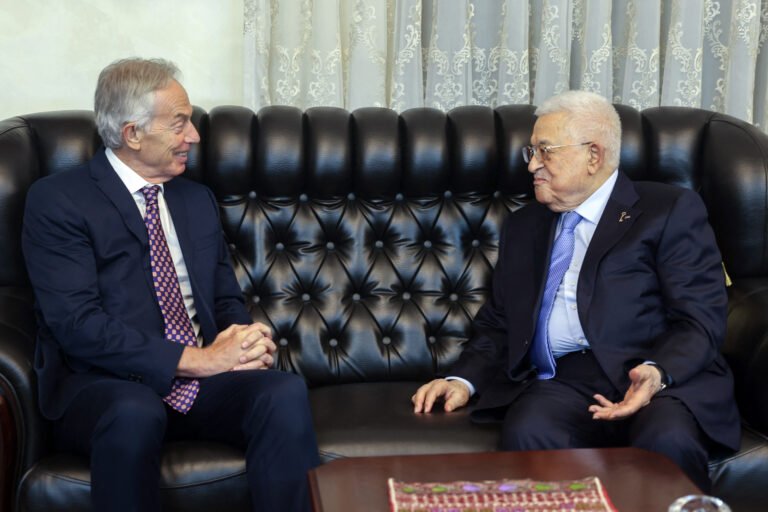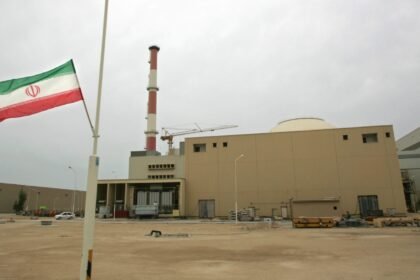Cairo, Egypt – The Wall Street Journal revealed the Trump administration’s plan for the post-war period in Gaza. The plan includes the establishment of an “international transitional authority” headed by former British Prime Minister Tony Blair. It would be supported by an Arab-led international peacekeeping force.
Controversy over legitimacy
The return of Blair, whose name was associated with the 2003 invasion of Iraq and sparked widespread criticism in the region, raises questions. These questions revolve around the legitimacy of any administration imposed from abroad. This is especially the case in light of the exclusion of Hamas and the marginalization of the Palestinian Authority.
Analysts believe that any administration that does not emerge from within Palestine will lack legitimacy. It may further complicate the crisis rather than resolve it.
Possible scenarios
A transitional administration led by Blair might give the international community a chance to rebuild Gaza and prevent chaos. However, it could face popular rejection.
Limited Arab role: Arab participation may provide political cover. However, it carries the risk of being viewed as part of a “reproduction of guardianship.”
Excluding Hamas could open the door to a new conflict. This is especially likely since the movement still holds military and popular influence in Gaza.
Mixed Reactions
Palestinian factions quickly rejected the proposal, considering it an attempt to reassert international control over the Gaza Strip. Meanwhile, some Western capitals expressed satisfaction with the idea, deeming it a “necessary stage” to avoid post-war chaos.
Arab positions were cautious. Some viewed the plan as an opportunity to reshuffle Gaza’s fortunes. Meanwhile, others feared being dragged into a sensitive security role.
Regional and international dimension
The unveiling of Blair’s plan coincided with a wave of international recognition of the State of Palestine. This situation puts Washington in a race against time to reshape the landscape. The goal is to ensure it remains in control of the matter.
Observers believe that Blair’s return may be an attempt to revive the “strong international envoy” model. This attempt is reminiscent of his previous experience with the Quartet, but this time it comes with broader executive powers.
The open future remains the question: Can Blair, with his controversial legacy, lead an acceptable transitional administration? Or will the plan remain ink on paper in the face of popular and official Palestinian rejection?

















